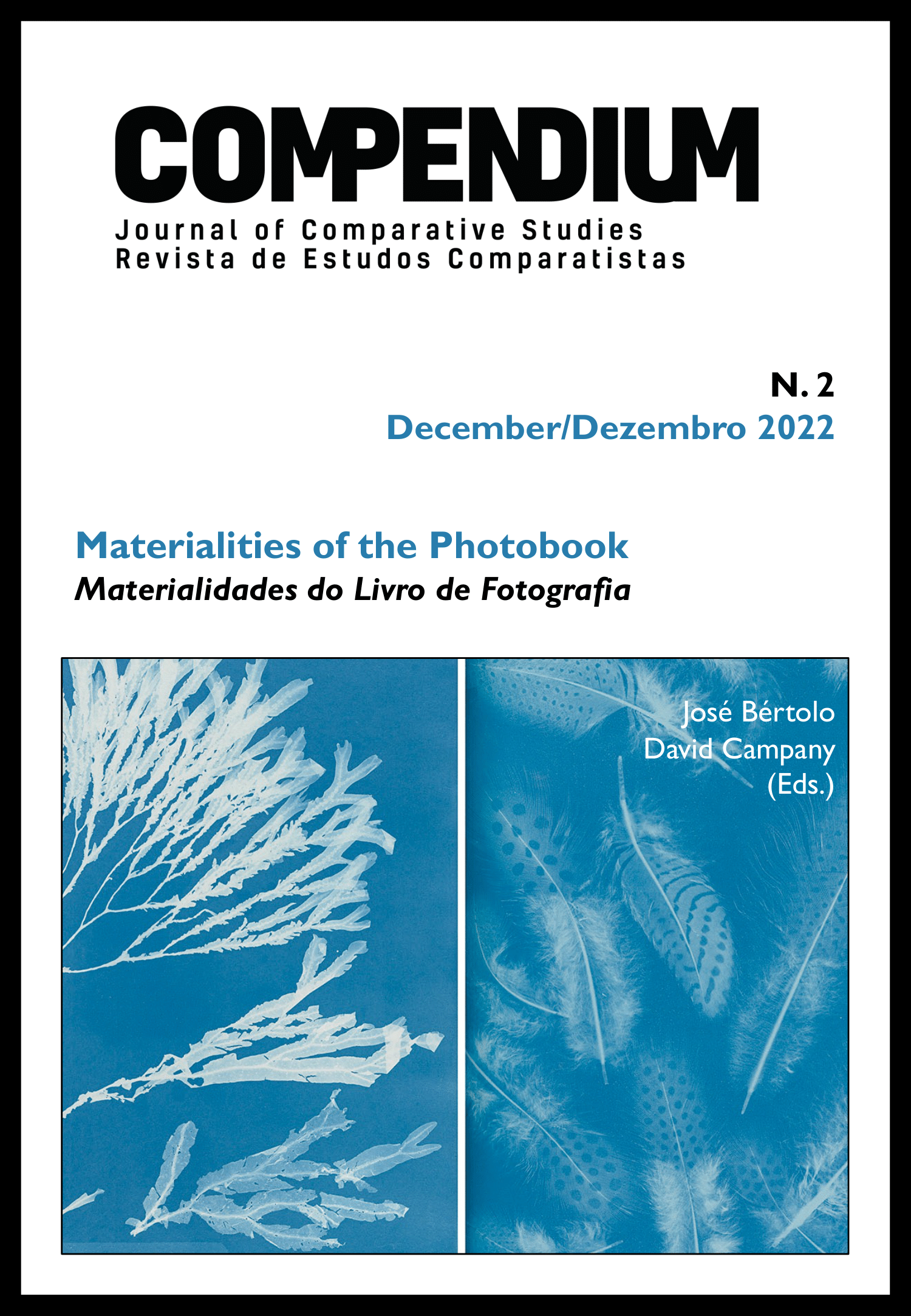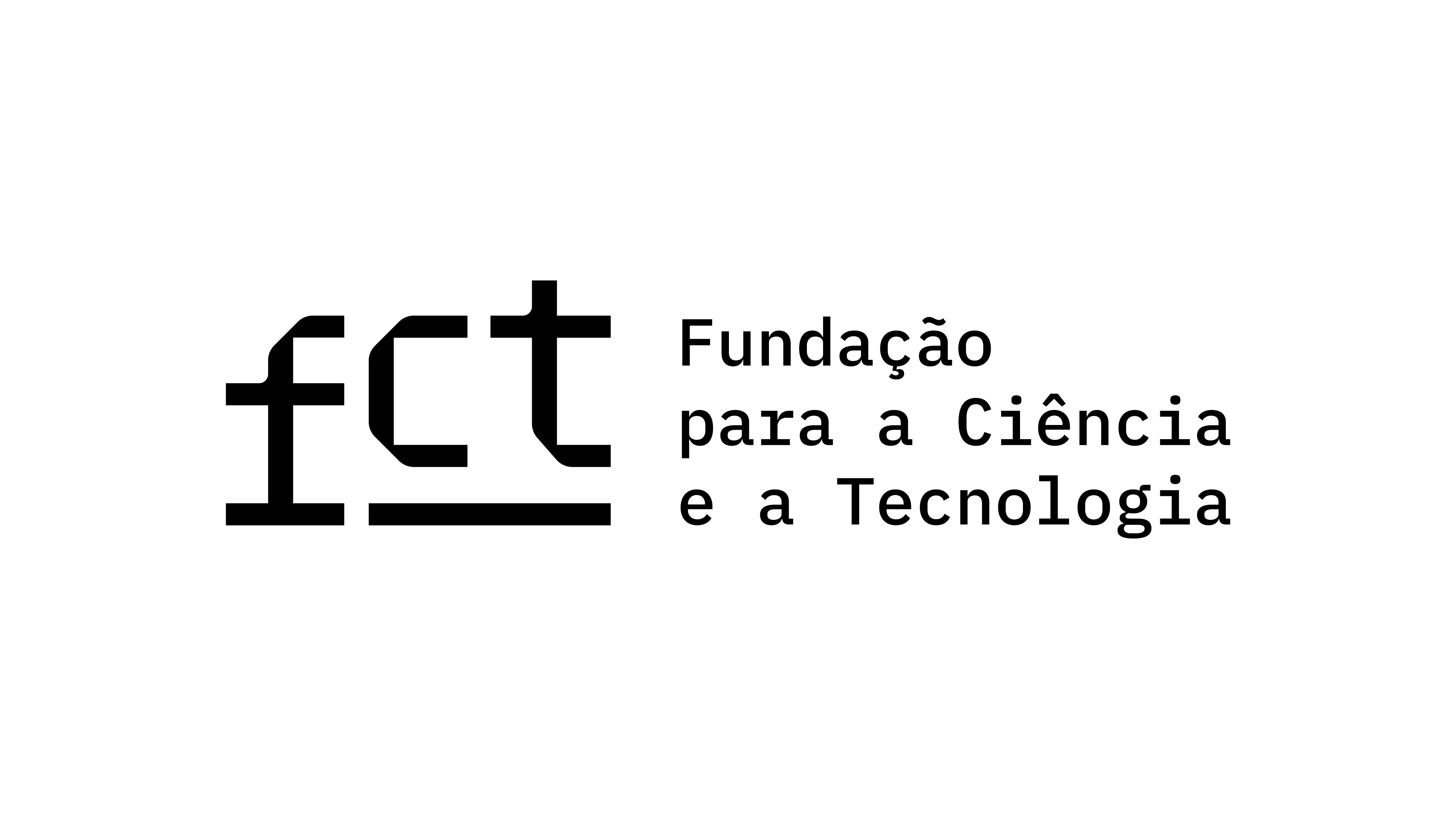Moscow Out of Time
Varvara Stepanova and the Soviet Photobook in 1932
DOI:
https://doi.org/10.51427/com.jcs.2022.0020Keywords:
El Lissitzky, Constructivism, Socialist Realism, Temporality, TransitionAbstract
Russian artist Varvara Stepanova (1894–1958) is best known today for her radical contributions to Constructivism and Productivism in the early 1920s. The design work of her later career—especially after the 1934 ratification of Socialist Realism in the Soviet Union—has been less thoroughly examined. One of these overlooked design projects is a 1932 album titled Ot Moskvy kupecheskoi k Moskve sotsialisticheskoi [From Merchant Moscow to Socialist Moscow]. The album consists of a paper folder containing twenty-two loose sheets; each sheet displays an excerpt from a speech on the Socialist reconstruction of Moscow by Communist Party official Lazar Kaganovich (1893–1991) and a set of related photographs. This essay closely analyzes the album’s text, photographs, and design while drawing from the avant-garde theorizations of book design by Russian artist El Lissitzky (1890–1941). By attending to the subtle arrangements of words and images, as well as the album’s unique format, we can imagine how Stepanova may have responded to Lissitzky’s calls to reinvent the printed book by expanding its spatial, material, and temporal potentials. From this perspective, the album is neither a belated holdover from Constructivism, nor an omen of impending state terror and total aesthetic control, but rather a product of its time: the final year of the first Five-Year Plan (1928–32). The album thus embodies the intense moment of transition when it was created in the artist’s own career and in Soviet art and culture more broadly.
Downloads
Downloads
Published
How to Cite
Issue
Section
License
Copyright (c) 2022 Josie Johnson

This work is licensed under a Creative Commons Attribution 4.0 International License.
Compendium embraces online publishing and open access to all issues. Authors retain copyright and grant the journal right of first publication with the work simultaneously licensed under a Creative Commons Attribution 4.0 International (CC BY 4.0), that allows others to share the work with an acknowledgement of the work's authorship and initial publication in this journal.











